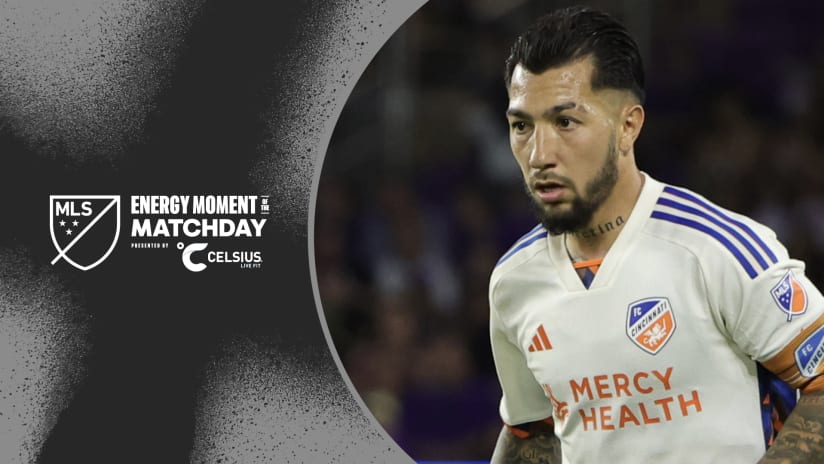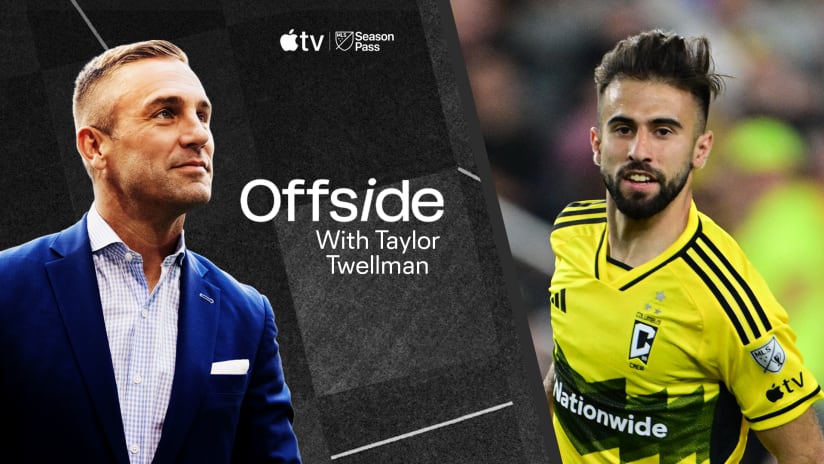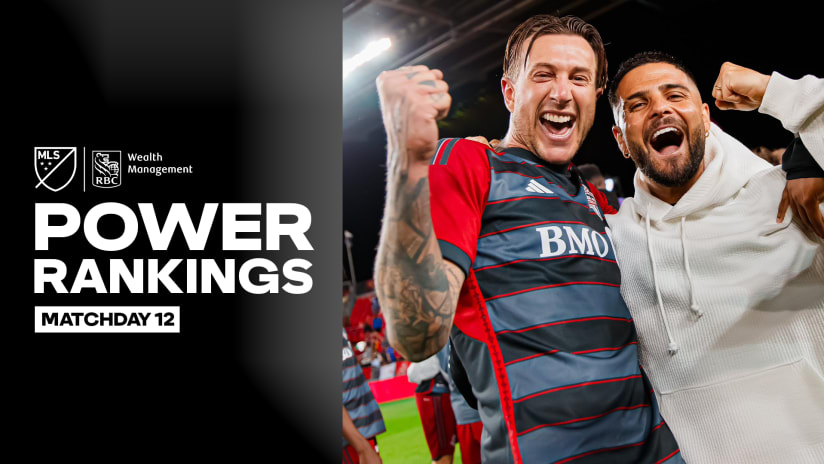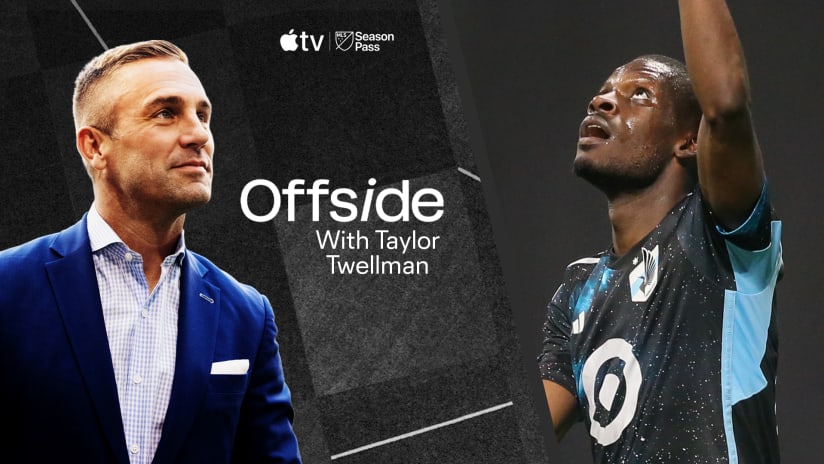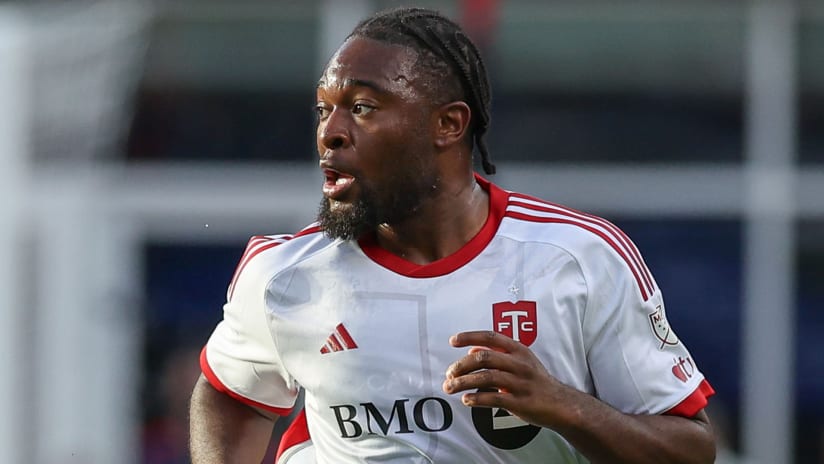though it does seem that shaggy-haired players always cut their manes around this time (e.g. Jeff Parke, Kyle Martino). The Rookie Fade is that clockwork phenomenon, when the newbies hit the wall. In basketball, they talk about rookies hitting the wall around game 45. In MLS, it's around the first day of summer.
The MLS first-years -- ex-college guys, teenage phenoms, and sometimes Euro vets who simply aren't used to playing in 127 degree weather in Dallas in August -- lose their form, looking sluggish, dragging. Their bodies just can't seem to recover after each game, and they have to be careful about injuries. More important, they are less focused. They can't seem to hold their concentration game in and game out.
Last year, we saw MetroStars defender Jeff Parke's play drop off around this time. Same with New England's Clint Dempsey (as well as injuries), D.C.'s Freddy Adu, and Columbus's Chad Marshall. We've already seen the first wave this year: New England's Michael Parkhurst, everyone's runaway favorite for Rookie of the Year, had his worst game of the season last week against D.C. United, looking a step slower than usual and caught out of place for United's second goal.
There are several reasons for the Rookie Fade:
1) Scheduling. June, July, and August are the dog days, when the scheduling gods cram in as many games as possible to take advantage of the nice weather and the school vacations. The games come fast and furious, often times Saturday-Wednesday-Saturday, with nary a break except All-Star weekend. Also, the first day of summer is also roughly two and a half months into the season. In college, by now, the season would be over, and the players would be spending their time skipping class, drinking Natty Light, and bragging to the freshman cuties that they're going to be drafted. At least I hope
that's what they'd be doing. Instead, though, in MLS they have to keep playing, and their bodies are just not attuned to that yet.
2) Travel. No other league in the world has to travel the way MLS does. In England, for Tottenham to play Arsenal, it's a quick bus trip across town. Here, the MetroStars have to fly for half a day to reach San Jose, via Chicago or Dallas or Boise. And, trust me, those trips take a toll on your body. The newcomers -- European vets included -- are not prepared for all the travel and must learn how to recover from a six-hour flight enough to be fresh, alert, and ready to play 90 minutes the following afternoon.
3) Weather. You already know the forecast for Columbus. But here's Dallas, where FCD takes on Chivas USA: 90 degrees, 40 percent humidity. And Salt Lake City, where RSL welcomes the Galaxy: 94 degrees, 26 percent humidity. "Brutal, Juice, brutal," as the old advertisement used to say. Few leagues in the world play under such conditions. In a perfect world, we could air-condition the atmosphere. But this isn't a perfect world (luckily -- I'm opposed to air-conditioning on environmental grounds), so that means that everyone has to learn how to perform at a high level under brutal conditions. It requires constant hydration, vitamins and garlic pills (yes, you read that correctly), determined concentration, and as much rest as possible. As Cle Kooiman used to say after every practice in Tampa, "Get your rest, boys." The MLS new guys need to be diligent in their rehydration and recovery, because if they think Columbus in June is tough, just wait until they hit Dallas in August.
(Related side note on all of this: FIFA head honcho Sepp Blatter recently complained about the MLS March-October season: "It is not a good season so they will never have the good pro players coming in for only half a year." Well, M. (or is it Herr) Blatter, it's true that MLS is one of the few leagues in the world that plays through the summer -- though certainly not the only one (Sweden, Russia, et al.). But this is a circumstantial necessity because of the size of our country. European countries are small enough that they have the same climate nationwide. We are so large that we have many climate zones, from the arctic Northeast to the tropics of Dallas. So March-October is the only viable time to play the MLS season, unless Mr. Blatter would like to attend a snow-covered match at Gillette Stadium next February.)
But all of this is not just relevant to the newbies. The national team guys also have to deal with this, because they end up doing even more traveling, back and forth from national team camp and their club team. We've already seen an example of this in Dempsey and Landon Donovan, both of whom returned from World Cup qualifying duty and have been shadows of their former selves. Dempsey hasn't scored a point in four consecutive MLS games, and Donovan hasn't played with any purpose as the Galaxy have dropped two 1-0 games in a row.
Ultimately, the Rookie Fade is a nice weeding-out process. The best will push through the summertime blues. The rest won't. And it's a nice reminder that the best players are not necessarily the ones with the most skill or the hardest shot or the highest leap, but the ones who can perform day in, day out even when it's 82 degrees with 46 percent humidity.
Greg Lalas is chief editor of Goal.com USA. He played for the Tampa Bay Mutiny (RIP) and the New England Revolution in 1996 and 1997. Send e-mail to Greg at cheapseats@g73.org. Views and opinions expressed in this column are the author's, and not necessarily those of Major League Soccer or its clubs.


